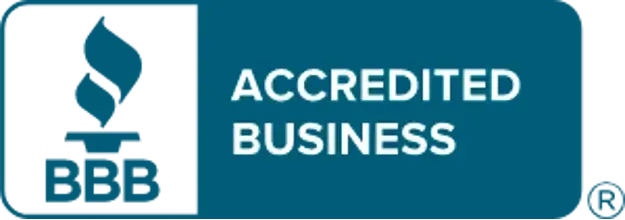Settle Tax Debt With Internal Revenue Service For Less Than You Owe
An Offer in Compromise (OIC) is an agreement between the taxpayer and the Internal Revenue Service (IRS) that settles a tax debt for less than the full amount owed. An offer in compromise allows you to settle your tax debt for less than the full amount you owe. It may be a legitimate option if you can’t pay your full tax liability, or doing so creates a financial hardship. https://www.irs.gov/
Acceptance of an offer requires that the amount offered to be based on the Reasonable Collection Potential of the taxpayer’s assets and future income over a 12 or 24 month period of time, depending on whether the offer is considered a cash payment or a periodic payment .
In determining the taxpayer’s Reasonable Collection Potential, the IRS will look at:
(1) Assets owned by the taxpayer (homes, vehicles, investments, retirement plans);
(2) Future Income of the taxpayer (age, health, education, potential for future increases or decreases in income);
(3) Amounts collectible from third parties; (i.e. fraudulent conveyances) ; and
(4) Assets and/or income that are available to the taxpayer but are beyond the reach of the government. (I.e. equity in assets located outside the country).
Unless special circumstances exist, offers will NOT be accepted if it is believed that the liability can be paid in full as a lump sum or by installment payments.
The IRS has numerous internal resources to obtain information about the taxpayer. So it is important that the taxpayer is transparent.
WHO IS QUALIFIED FOR AN OFFER?
Any wage earner or self-employed individual can submit an offer. Businesses that owe federal taxes and cannot immediately pay them may also submit an offer.
Submitting an application does NOT ensure the IRS will accept your offer. It begins a process of evaluation and verification by the IRS into the taxpayer’s ability to pay.
THINGS THE TAXPAYER MUST DO BEFORE FILING AN OIC
The IRS will only consider an offer filed by a taxpayer who:
(1) Has filed all returns they are legally required to file;
(2) Made all required estimated tax payments for the current year, and
(3) If the taxpayer is a business owner with employees, make all required federal tax deposits for the current quarter.
If the taxpayer fails to do any of these, the IRS will not consider their offer.
OFFER IN COMPROMISE PRE-QUALIFIER TOOL
Before you complete the application, you can see if you are eligible for an offer in compromise by completing the OIC Pre-Qualifier Tool. https://irs.treasury.gov/oic_pre_qualifier/ .
The tool guides the user through 6 steps which seeks information related to the taxpayer’s FILING HISTORY, INCOME, and EXPENSES. When the series of questions are completed, the taxpayer is informed whether or not they qualify for an OIC, and if so, HOW MUCH MONEY THEY SHOULD OFFER.
The submission of an offer does not stop the penalties and interest from accruing during the evaluation process.
Dealing with the IRS is never a pleasant experience and filing an OIC can be very complicated, therefore, you should never try to deal with the IRS without an experienced attorney. Contact the Parker Law Firm at 770-246-1331or email us at info@theparkerlawfirm.net. We have saved our clients over $1M dollars in taxes and we can help you, too.
The post Settle Tax Debt With Internal Revenue Service For Less Than You Owe appeared first on Parker Law Firm.





